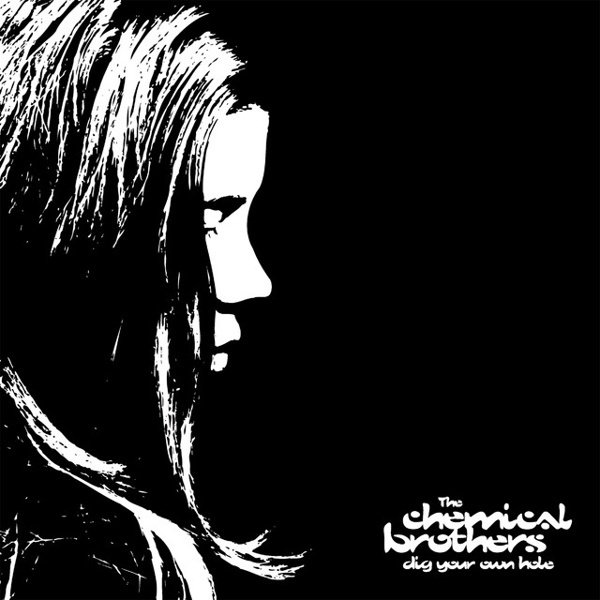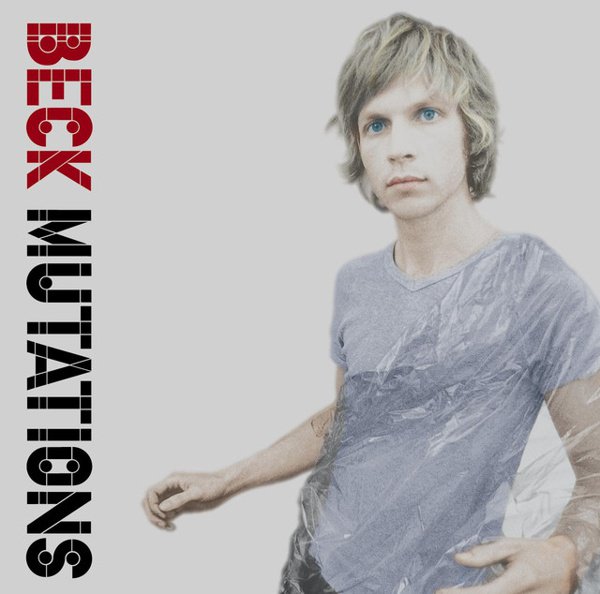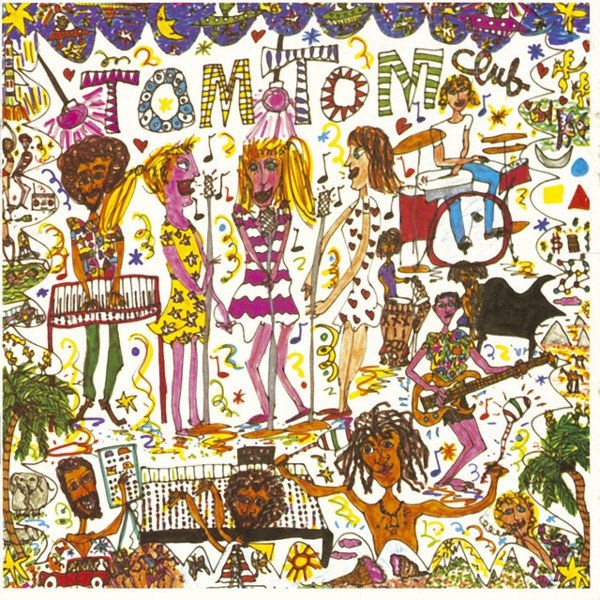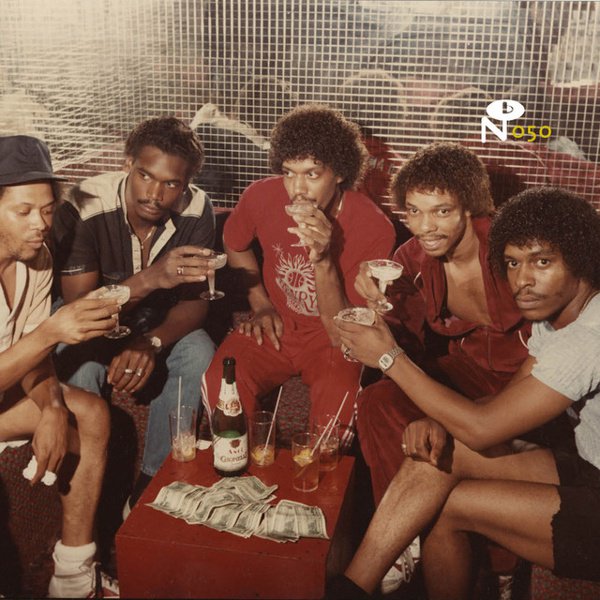Shinbangumi
Cameron Lew’s described his fine-tuned indie pop as “aggressive elevator soul,” a curious term steeped in a late 20th century idea of upscale commercial cheer at a time when current hauntology seems more fixated on dead-mall decline. But Ginger Root’s retro inclinations — derived from a trans-Pacific blend of city pop, new wave, and R&B — are backed up with a knack for hooky melodicism, carefree rhythmic drive, and memory-jostling atmosphere that leaves questions of genre and era compellingly hazy, familiar forms from an idiosyncratic and asynchronous perspective. Accompanied by a visual and video-narrative bit of DIY retro-analog media worldbuilding worthy of Michel Gondry, SHINBANGUMI is the most fully-realized Ginger Root release yet. You don’t have to fully immerse yourself in the accompanying video narratives (though they’re hilarious and delightful) to get the sense that Lew’s pushing himself to hit a new level here, one that poses earlier breakthrough single “Loretta” as both a name-maker and a tough act to follow. And as easy as it is to build Pepe Silvia string-boards connecting all his late ‘70s/early ‘80s comparison points — from Wild Planet and McCartney II to Spacy and Solid State Survivor to Hotter Than July and X-Static — there’s also the sense that he gravitates towards this music not because it represents a happier time but because it embodied moments of happiness at a time, then or now, that could often feel cloistered and frustrating otherwise. Lead single “No Problems” and its no-wasted-notes ebullience nails it from the outset, using the low-budget elegance of a bedroom-pop equivalent to Fantastic Plastic Machine’s Shibuya-kei bossa-inflected pomo joy to jab at his own insecurities and interpersonal struggles. And throughout the album you can hear him push the limitations of his old-tech fascinations into spaces that seem compelling in their human-hand manipulation. He immerses the first verse of “Better Than Monday” into a tinny-fidelity lo-fi murk in before he starts tweaking the depth of field to bring its new wave boogie into smoother focus — but still leaves his voice submerged in the fog throughout. The rubbery disco of “All Night” happily embraces the squelchier, reedier melodies of the old-school analog synths that the Yamaha DX7 tried to render obsolete. The snappy bass groove and glimmering chimes of “Only You” aim for pure city pop bliss, but Lew’s falsetto foregrounds both the American soul influence that permeated the Japanese scene and an indie-pop sense that the coarser, straining effort in his otherwise smooth voice is a strength in itself. And there’s a stirring dose of melancholy beneath this album’s uptempo surface, whether it’s anxious (the twitchy productivity panic of “Giddy Up”) or regretful (“Take Me Back (Owakare no Jikan),” which brings the concept full circle with a reprise of some of those earworm motifs from “No Problems”).













